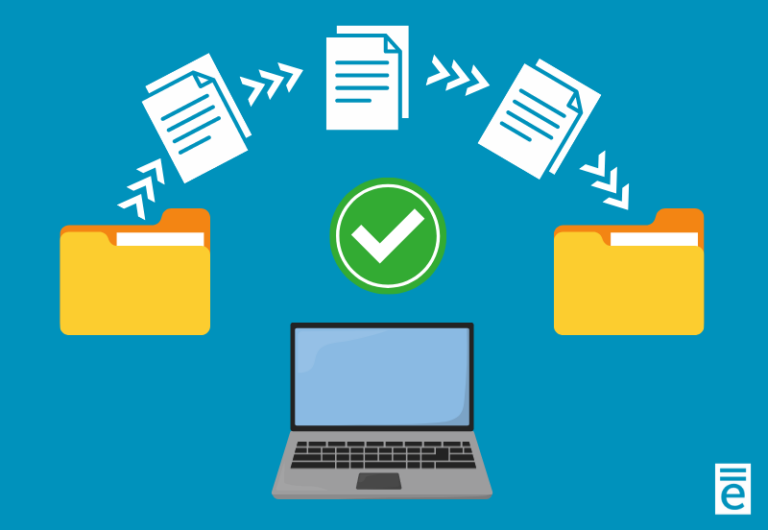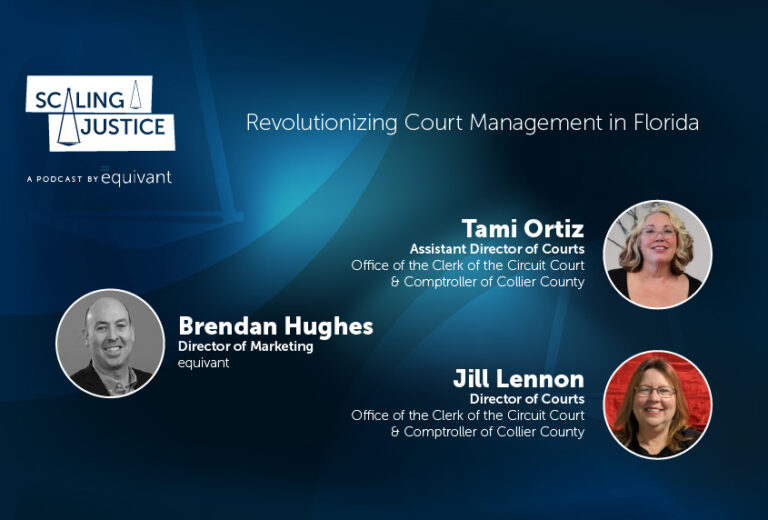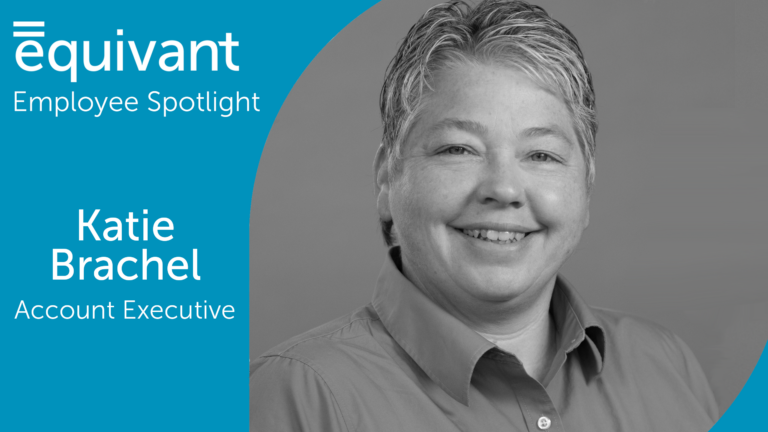The business of running a court is complex. The hours are often long while resources run tight, and the caseload and demand for services seem to continually increase. On top of that, being a public servant is often a thankless and exhausting job. But as a public servant, you want to make a difference in your community despite all the challenges you consistently face. To do that, you start looking for ways to become more efficient and effective while facing daily constraints.
After exploring potential options, you decide to invest in a case management system (CMS) to help automate everyday court processes and deliver convenient, accessible services to the community. But how do you choose the right CMS for your court? In this post we explore how to prepare for your CMS search, what questions you should ask vendors, and how to determine what solution is the right fit for your court.
Setting Yourself Up for a Successful CMS Search
Once you’ve decided to invest in a CMS for your court, it can be tempting to immediately start looking for solutions. But before diving into your search and looking at the different options, there are some things you should do to set your court up for a successful CMS project. First, the key stakeholders involved in the project need to sit down and establish a vision, mission, and goals. To help facilitate this discussion, ask the following questions:
- Where do you want your court to be in the future?
- How complex is your court’s business?
- How complex do you anticipate your court’s business becoming in the future? Think 2 years, 5, years, and 10 years ahead.
Posing these questions to the key project stakeholders will help you establish your mission and vision and allow you to create goals based on where you see your court in the future. Once you’ve established a clear vision, decide what type of CMS will support it. Will you need a system that’s easily implemented out of the box? Or will you need a solution that’s configurable based on your court’s specific processes? Do you need an on-premises solution? Or would a cloud-based CMS be a better fit for your court?
Once you’ve answered all these questions, you should create a strategy/plan for your CMS project and determine what kind of technology partner your court is looking for. Establishing these things before beginning your CMS search will help guide your decision-making process so you choose a solution that’s right for your court and a vendor that invested in your success.
Finding a Feature-Rich CMS That’s Built for the Future
Preparing for your CMS search can feel overwhelming, but having a plan laid out will make the process much smoother. Before you know it, you’ll be getting demos of different solutions and starting to narrow down your options. If you determined that a configurable solution was the best option for your court during the planning stage, you should be looking for a solution with a true workflow process that automates tasks and can be configured to your specific processes.
If information/data exchange is an important part of your processes, you’ll want to pay close attention to what each solution offers. One of the best ways to keep data moving is to use application programming interfaces or APIs. If a vendor doesn’t mention this during the demo, ask how they support data exchange and integration.
During the demo process, it’s important to keep your future goals in mind. To future-proof, courts need a strong foundational case management system that will fully meet their needs now and be component-ready for the future. This means that the solution you choose should support open data standards, have flexible configuration capabilities, and be phone and tablet friendly.
Preparing Questions for Court Technology Vendors
As you are moving through the demo process, you’ll have questions you want to ask each court technology vendor relating to your individual goals and system needs. But if you’re looking for a system that will be able to support your court for years to come and a partner that will be committed to your success, there are some baseline questions we recommend asking.
- What capabilities does your CMS have when it comes to automation and integration? How do you support those capabilities and is the continual support and enhancement part of your future vision?
- What kind of partner will you be? What are your values?
- What will you do/recommend when issues arise that could impact the project budget or schedule?
In addition to asking the vendor questions, your court should be prepared to answer some too. For example, vendors may ask you what kind of help you will need in implementing a new CMS. Be prepared to have an honest discussion and don’t be afraid to share the areas that you think your court will need the most help with.
Ensuring Your Court’s Long-Term Success
Selecting a CMS for your court is an extensive process. While it may seem daunting, laying out a strategy, asking the right questions, and getting demos are all important steps to ensuring that you choose the right CMS for your court. One of the biggest mistakes we’ve seen courts make during this process is underestimating the level of involvement they need to have in the project. While the vendor you select will play an important role in the implementation project, your court’s involvement is essential to the project’s success.
If you’re planning to invest in a CMS and want to learn more about how an equivant solution can support your court now and in the future, contact us.




